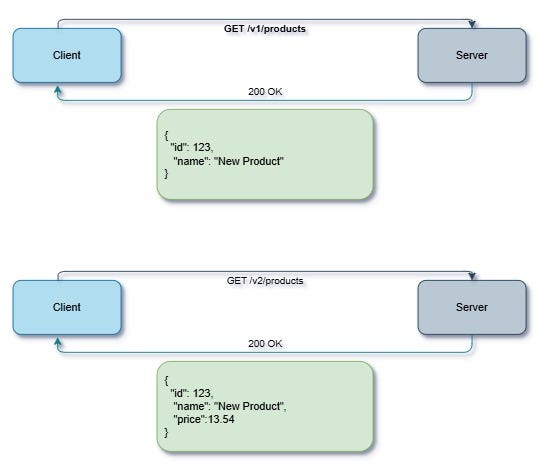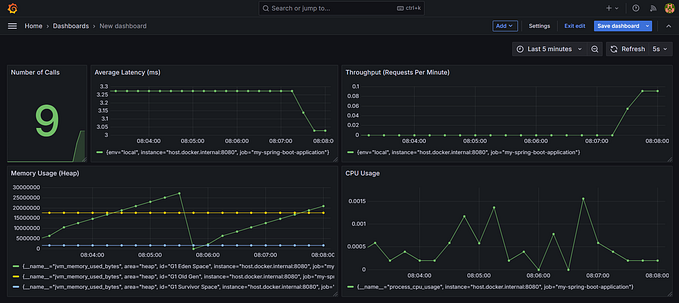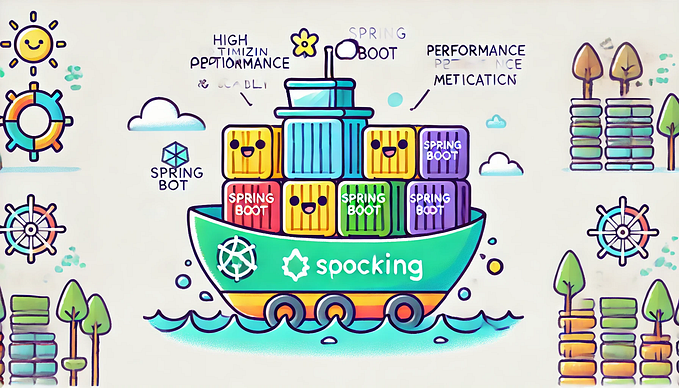Member-only story
Mastering Optimistic Concurrency Control in Elasticsearch
A Developer’s Guide to Conflict-Free Updates
Imagine two concurrent writes updating the same Elasticsearch document simultaneously. Without safeguards, one update could overwrite the other, leading to data loss. This scenario is all too common in distributed systems.
As a developer who once spent hours debugging such conflicts, I’ve learned that Optimistic Concurrency Control (OCC) is the unsung hero of data integrity. In this article, I’ll explain how OCC works in Elasticsearch, demonstrate its use with update_by_query, and share practical tips to avoid version conflicts.
What is Optimistic Concurrency Control? (And Why Should You Care?)
Optimistic Concurrency Control (OCC) operates on a simple premise: assume the best but prepare for the worst. Unlike pessimistic locking, which blocks resources, OCC lets multiple operations proceed freely but checks for conflicts before committing changes. Think of it like collaborative editing in Google Docs — everyone works independently, but the system ensures no one’s changes clash.
In Elasticsearch, OCC uses document versioning to track changes. Each document has a _version field incremented on every update. If two processes try to…





